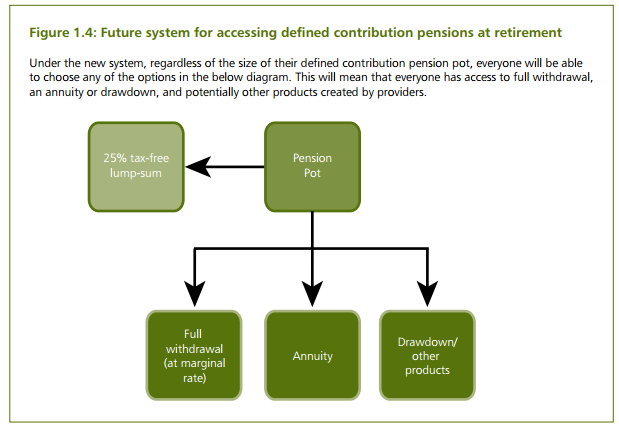
Private investors are at the heart of this year?s Budget with those buying equities among the biggest beneficiaries.
Investors will now be able to hold up to £15,000 in a single stocks and shares ISA from July, while peer-to-peer loans will also be eligible to be included in the new ISA allowance.
Pensioners will no longer have to buy annuities and will instead be able to draw down as little or as much as they like from their pot. This makes specialist annuity providers Partnership Assurance (PA.) and Just Retirement (JRG) among the biggest losers of chancellor George Osborne?s fifth Budget. Indeed, they fall 56% and 43.4%, respectively. The news also drags down life assurers Legal & General (LGEN) and Aviva (AV.), down 11% and 8% respectively.
There's good and bad news for the gambling sector. The reduction in bingo duty from 20% to 10% plays well to Rank (RNK) which announces plans for three new bingo halls, taking its estate to 100 sites in the UK. Its shares rise 8.1% to 155.9p.
Yet the long-expected hike in duty for fixed odds betting terminals from 20% to 25% is bad news for bookmakers who have historically generated a sizeable chunk of revenue from such machines. We warned such negative news would be bad for the Ladbrokes (LAD) and William Hill (WMH) in an article published in January. The stocks today fall 12% to 137.8p and 7.3% respectively.
Tax avoidance has remained topical since the downturn and those buying properties worth more than £500,000 through a company will be liable for 15% stamp duty.
One of the biggest shocks of the day was lower duty for long haul flights, which will now carry the same tax rate as those travelling to the US. British Airways-owner International Consolidated Airlines (IAG) is flat at 432.9p.
There is good news for manufacturers with the government allocating £7 billion to help cut power bills by investing in new sources of energy.
The Budget is short on tangible measures to boost the North Sea oil and gas industry but reaffirms the government's commitment to maximising the remaining potential and crucially there are no new levies to rival the shock raid on the sector in 2011. It plans to work with the body proposed by Sir Ian Wood's review of the North Sea (released in February) to ensure the tax set-up incentivises the development of the UK's hydrocarbon assets. More specifically it plans to introduce a new allowance for ultra high pressure high temperature fields.
Additional reporting by Dan Coatsworth and Tom Sieber






